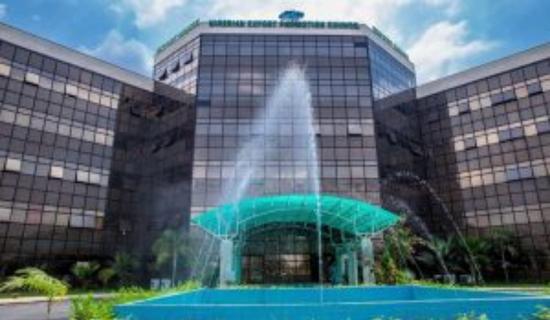
Nigerian Export Promotion Council has enhanced the capacity of local exporters with a five-day training programme on business generation methodology and trade promotion.
It the programme was organised under the West Africa Competitiveness Programme, financed by the European Union under the 11th European Development Fund and facilitated by the International Trade Centre and the ECOWAS Commission.
The Executive Director and Chief Executive Officer of the Nigerian Export Promotion Council and President of the ECOWAS Trade Promotion Organisations Network, Dr Ezra Yakusak, expressed his sincere appreciation to strategic partners, for facilitating the training.
He said the last Annual General Meeting of the ECOWAS TPO Network, championed the common action plan to support trade development in the region and beyond was adopted.
He further said this informed the need to train and re-train staff of various TPO member states to enhance their trade skills, thereby, improving trade within the sub-region.
He said, “The training is aimed at strengthening our capacities in terms of ‘Business Generation Methodology and Business Promotion’, I am delighted to inform you that the previous training, which focused on ‘Result Based Management Oriented Project Cycle Management’ has tremendously impacted in enhancing the performance of the participants and up skilled the capability and competence of other staff and businesses through knowledge transfer and coaching technique.”
He congratulated the participants on the opportunity provided through the training for them to build up their skills and acquire the knowledge required to support export-ready companies participating optimally in trade promotion events while equipping them with relevant tools to develop supply and demand surveys, develop, implement, and effectively monitor and evaluate promotional services efforts.
Yakusak added, “Our focus should, therefore, be targeted at expediting regional trade flow by closing the missing links and fostering a greater participation of Regional businesses across production lines.”
He emphasised that the region has all it takes to substitute imported inputs with locally sourced raw materials and components, which was a sure way of increasing intra-African trade.





